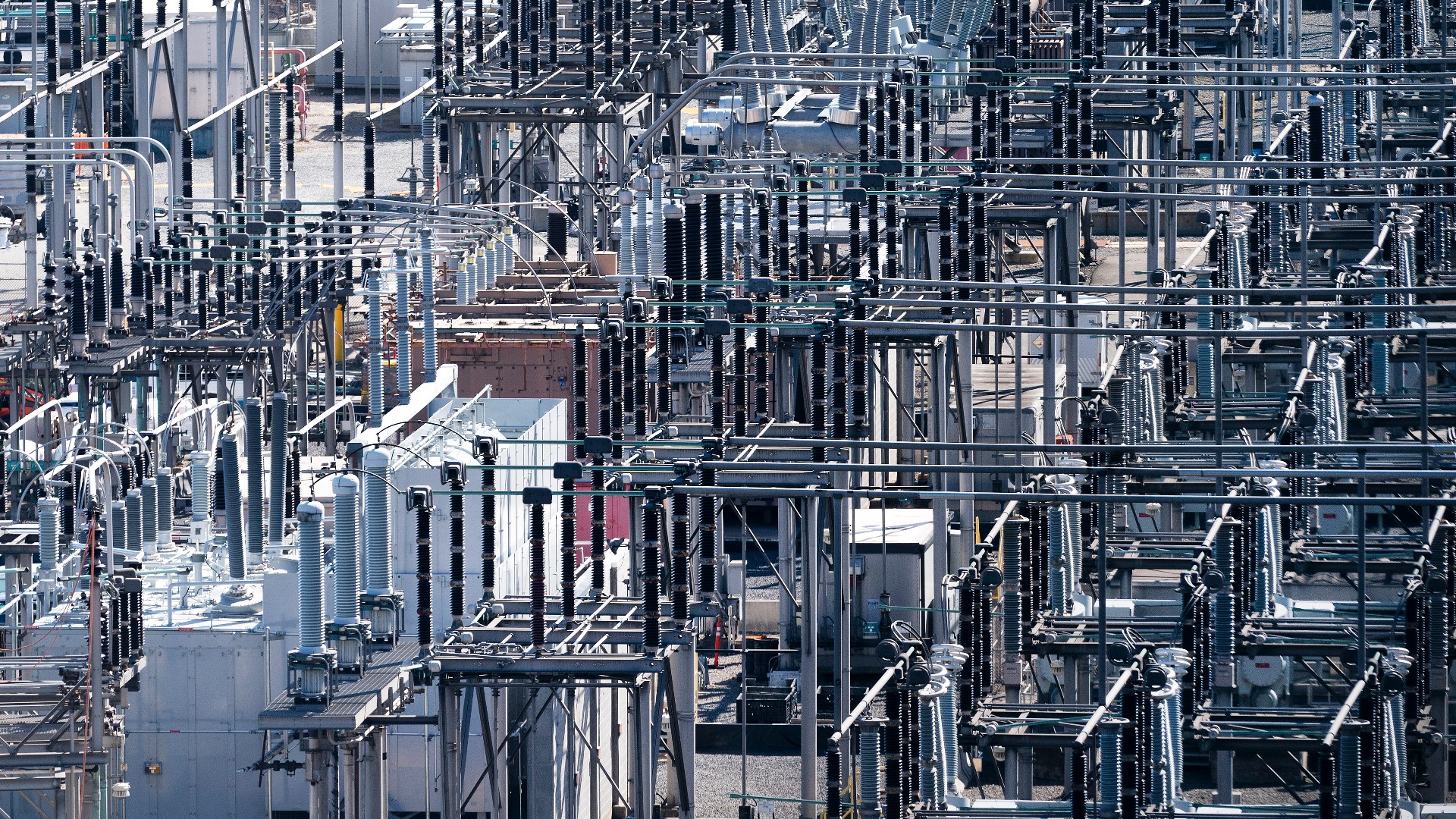IOWA, USA — President Joe Biden is still pushing to broaden the definition of what's considered infrastructure after meeting with lawmakers to discuss his new $2.3 trillion American Jobs Plan.
It calls for $240 billion dollars to fix the nation's roads, rails, airports and bridges but faces pushback from Republicans in Congress who say the price tag is too large.
Some believe there's room for compromise, yet oppose the corporate tax increases the president says is needed to pay for the plan.
"I'm prepared to negotiate as to how ... the extent of the, of my infrastructure project, as well as how we pay for it," Biden, who wants to pass the legislation this year, said Monday.
As part of the bill's rollout, the white house is sending out state-by-state breakdowns showing the dire shape of roads, bridges and the power grid.
Iowa's infrastructure report starts off like this: a "C" grade for investing in bridges, roads, broadband and housing.
Watch: Biden unveils $2 trillion infrastructure plan, asks corporations to help fund it (March 31, 2021)
From 2010 to 2020, Iowa experienced 32 extreme weather events, costing the state $50 billion in damages.
Under Biden's plan, $50 billion nationwide would go to to improve the state's resiliency in infrastructure.
When people hear the word infrastructure, they think about roads and bridges. In Iowa, there are more than 4,000 bridges and 400 miles of highway in "poor" condition, the report states.
Since 2011, commute times have actually gone up in Iowa.
Biden's plan promises to spend more than $600 billion to transform the nation's transportation system.
Other notes from the report:
- The state's drinking water will require $7.9 billion in additional funding over the next 20 years
- 146,000 renters are considered "burdened", or spending 30% of their income on rent
- 13.4% of residents "live in areas where, by one definition, there is no broadband infrastructure that provides minimally acceptable speeds"

